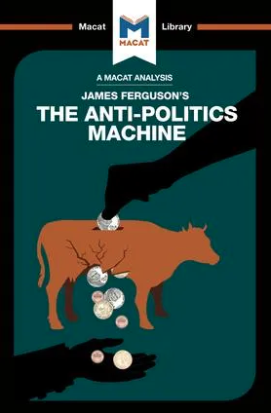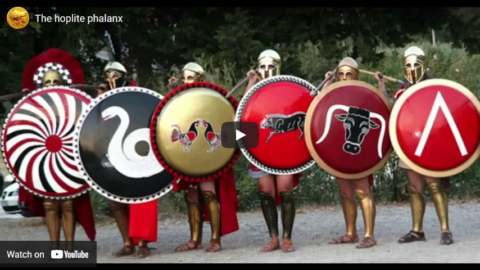Chris Bray responds to a common response he’s encountered from people who are worried that everything we’re seeing is somehow part of a deep-laid, nefarious plan to … do something. Something evil, something terrible, something … undefined but wrong:
If all of our problems are caused by a secret cabal who are having a new Wannsee Conference [Wiki]— twelve assholes sitting around a table and carefully planning our destruction — then we could solve that problem in half an hour with a dozen lampposts. We just need some names and an address: problem solved.
I think it’s much harder if there’s no they and no plan behind an event like the Uvalde school shooting. You can kill a few plotters, but how do you fix a broadly distributed collapse of courage, honor, decency, competence, knowledge, skill, morality and … a bunch of other things, but that list is a good start. If identifiable actors are tearing things apart, you can know where to put your hands to stop them; you can act. If we’re just trapped in a miasma of vicious mediocrity and weakness, where are the levers that change our course? What’s the solution to widespread societal degradation, to a suicidal loss of shared values and ordinary ability?
Facing an endless string of metastasizing and coalescing implosions — the lockdown-induced mental health crisis among children, appalling growth in energy prices, severe fertilizer shortages, supply chain collapse, unacknowledged vaccine injuries, vaccines that make illness more likely, military failure and the madness of the Afghanistan debacle, an emerging food shortage that’s starting to look really disturbing — the easiest way to deal with it is to say that it’s all one crisis planned and implemented by one set of people. If that’s true, the solution doesn’t even require a full box of ammunition, and we could wake up tomorrow morning in a world that we’ve repaired.
But the problem is that I mostly don’t think it’s true. I think it’s all one interwoven societal crisis, but that it’s connected by the uselessness of overcredentialed weak people. As for the view that they’re planning all of this, I increasingly think that our bullshit elites, our highly compliant social climbers in positions of power, mostly couldn’t plan a plate of toast.
Now, this is important: This doesn’t mean that I don’t think any of it is ever true. Of course there’s fake news. There are false flags, there are staged ops, and there are crisis actors. (The Ghost Of Kyiv, Ukraine’s boldest fighter pilot, agrees with me.) It seems pretty clear at this point that the plot to kidnap Gretchen Whitmer, that terrifying thing, was some socially awkward dorks being urgently and persistently goaded by FBI provocateurs. And it’s no longer possible to pretend that the Capitol Police didn’t just open the doors on January 6 to the “mob” that “broke in”.
But the transition from “some things are fake” to it’s all a lie and a plan every step of the way is a bigger claim — he says, carefully — and one that doesn’t make that much sense. With regard to Uvalde and the cops who wouldn’t act, for example, cowardice and incompetence work just fine as an explanation, because we have examples to compare the moment to. Peacetime militaries build an officer corps around rules-focused behavior, around the ability to comply and to operate within a hierarchy; then wartime militaries go through a period of officer purges, as they work to find high-functioning leaders who can tolerate the chaos and pain of battle. Confronted with a high level of brutality and danger, some people just can’t do it. This strikes me as an unremarkable fact, and one that doesn’t require extraordinary explanations. The school district police chief, a bureaucrat for decades, pushing paper and going to meetings, was confronted with sudden shock and horror on an extraordinarily harrowing scale, and he lacked the ability to respond. McClellan also couldn’t bring himself to attack Richmond.














